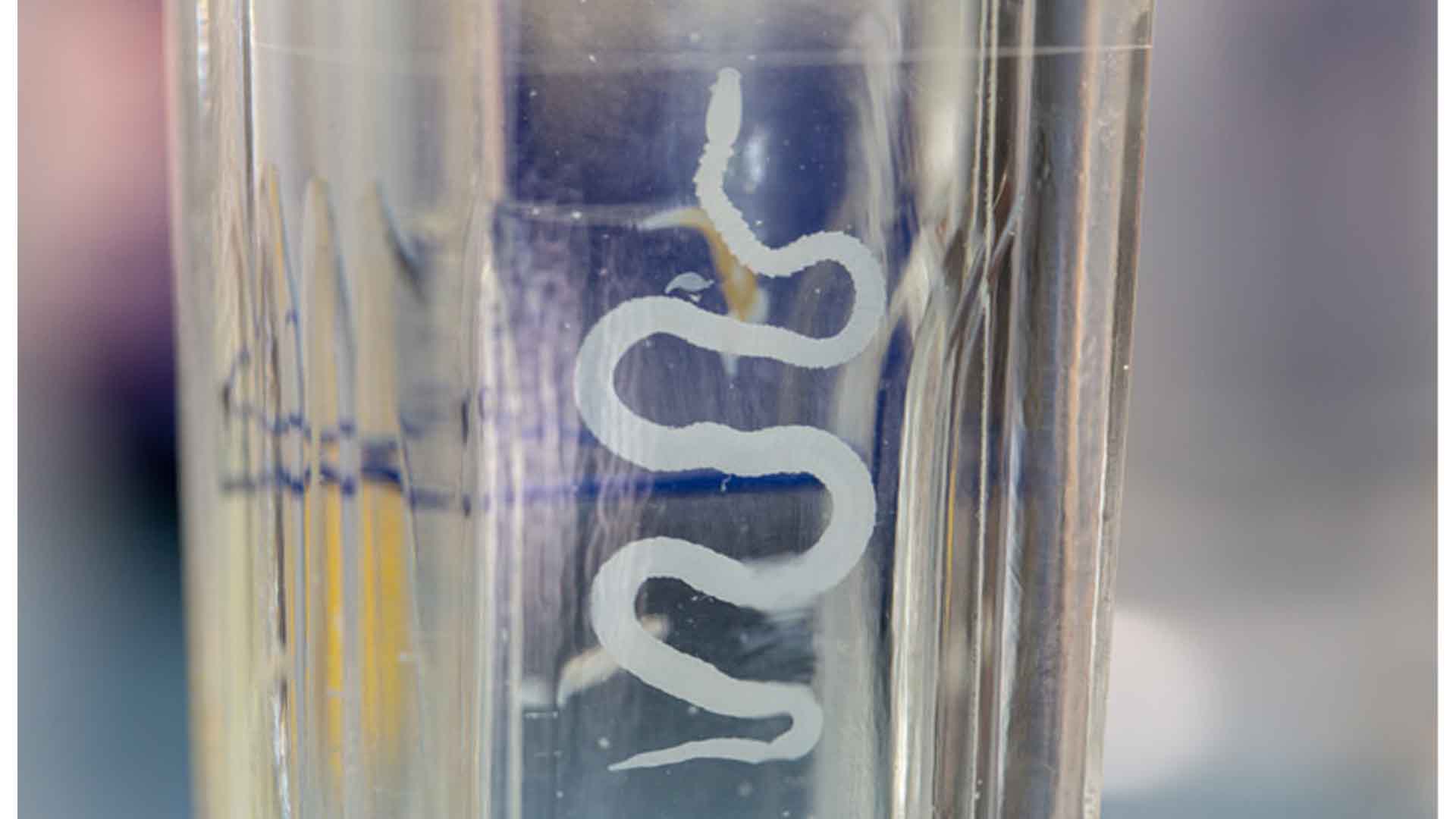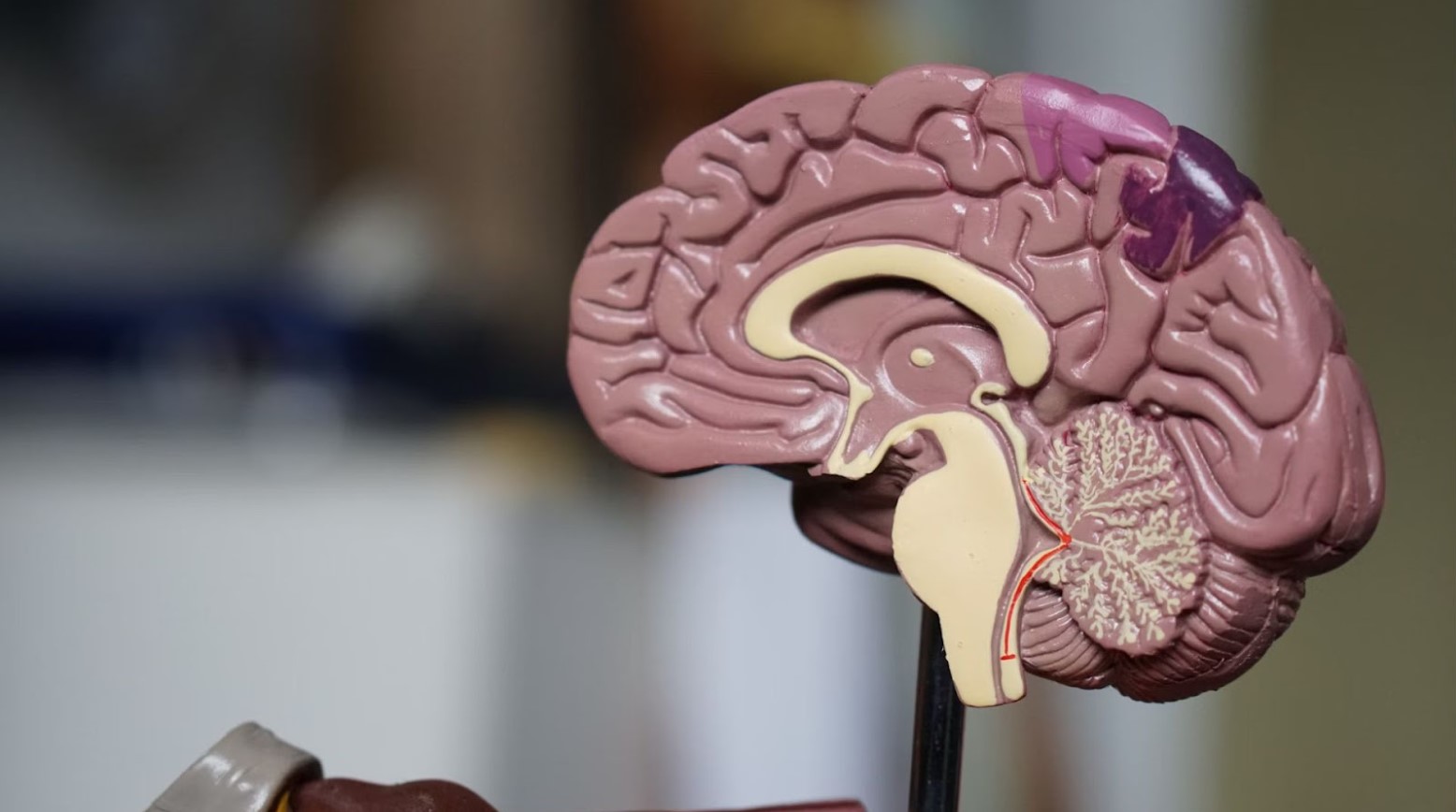Imagine going to the doctor for a migraine and finding out it’s not just stress or a bad diet, but something far more sinister. That’s exactly what happened to a 52-year-old man in Florida, whose worsening migraines turned out to be a symptom of a shocking medical condition.
Migraines can be debilitating, but they’re often treatable with the right medication. When traditional treatments don’t work, they prompt a deeper investigation, leading to discoveries that are sometimes beyond belief.
Mysterious Migraines

For four months, a Florida man experienced migraines that intensified in severity, occurring almost weekly. Migraines are no strangers to many, but when they suddenly change in pattern or intensity, it’s a red flag.
This man’s migraines, once manageable, had evolved into severe episodes that left him seeking medical help. The pain, centered over his occiput bilaterally, according to an American Journal of Case Reports study, was not just a nuisance; it was a signal that something was wrong inside his brain.
The Unexpected Discovery

What started as a routine medical checkup quickly escalated when a CT scan revealed multiple cysts in the man’s brain. Initially, doctors suspected congenital neuroglial cysts — a rare but less alarming condition (via CNN).
However, the presence of these cysts opened up a Pandora’s box of possibilities, leading to more tests and growing concern among his medical team.
Identifying the Culprit: Tapeworm Larvae

The diagnosis was as shocking as it was rare: neurocysticercosis, caused by parasitic tapeworm larvae inhabiting his brain (via American Journal of Case Reports).
This condition is a far cry from common causes of migraines, illustrating how symptoms can often mask more severe underlying health issues. His case is a reminder of the intricate ways in which health can be compromised, often in ways one would least expect.
From Bacon to Brain: Tracing the Source

Unlike typical neurocysticercosis cases linked to travel or poor sanitation, this man’s condition stemmed from his lifelong habit of eating lightly cooked (essentially undercooked) bacon, according to the American Journal of Case Reports.
This preference for undercooked pork led to an autoinfection, showcasing a rare but direct path from diet to disease.
Treatment and Recovery

Upon diagnosing the man with neurocysticercosis, doctors promptly treated him with steroids and anti-parasitic agents, leading to significant improvement.
His recovery not only highlighted the importance of medical intervention but also showed the body’s ability to heal once the correct diagnosis is made and appropriate treatment is administered.
Beyond Borders

The Florida man’s story echoes another bizarre case from Australia, where a 64-year-old woman had a live, 8-centimeter-long parasitic worm removed from her brain (via CNN).
Identified as Ophidascaris robertsi, commonly found in pythons, this parasite presented an unprecedented medical mystery, reflecting the unpredictable nature of parasitic infections and the importance of global awareness.
The Unexpected Host

The Australian woman likely became an accidental host to the roundworm through indirect contact with snake feces while foraging Warrigal greens (via CNN).
This case illuminates the unexpected ways humans can encounter parasites, emphasizing the importance of thoroughly washing all foraged or raw foods before consumption to prevent accidental ingestion of harmful organisms.
Understanding Neurocysticercosis

Neurocysticercosis, the condition suffered by the Florida man, is primarily caused by ingesting eggs of the Taenia solium tapeworm, leading to larval cysts in the brain.
This disease is a leading cause of epilepsy worldwide and serves as a reminder of the hidden dangers of certain eating habits and the importance of maintaining good hygiene to avoid such infections.
Prevention Is Key

The stories of the Florida man and the Australian woman serve as harrowing reminders of the importance of food safety and personal hygiene.
Properly cooking meat and thoroughly washing hands can greatly reduce the risk of parasitic infections. These basic preventive measures can protect us from unexpected health threats lurking in our meals or environment.
Global Concerns and Local Actions

As these cases show, parasitic infections know no borders. Increased travel, and changes in climate and agricultural practices contribute to the spread of these diseases.
Awareness and education are key when it comes to diseases that can be prevented by simple measures like proper cooking and hygiene.
A Wake-Up Call

The unusual medical journeys of individuals from Florida and Australia serve as a wake-up call about the hidden dangers in our everyday lives.
They highlight the need for vigilance in food safety, personal hygiene, and regular medical checkups. By understanding the links between our habits and our health, we can better protect ourselves from unexpected and unusual health risks.








































